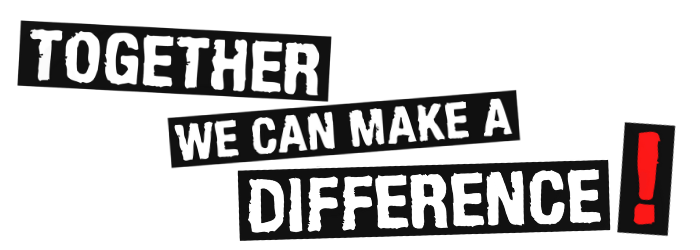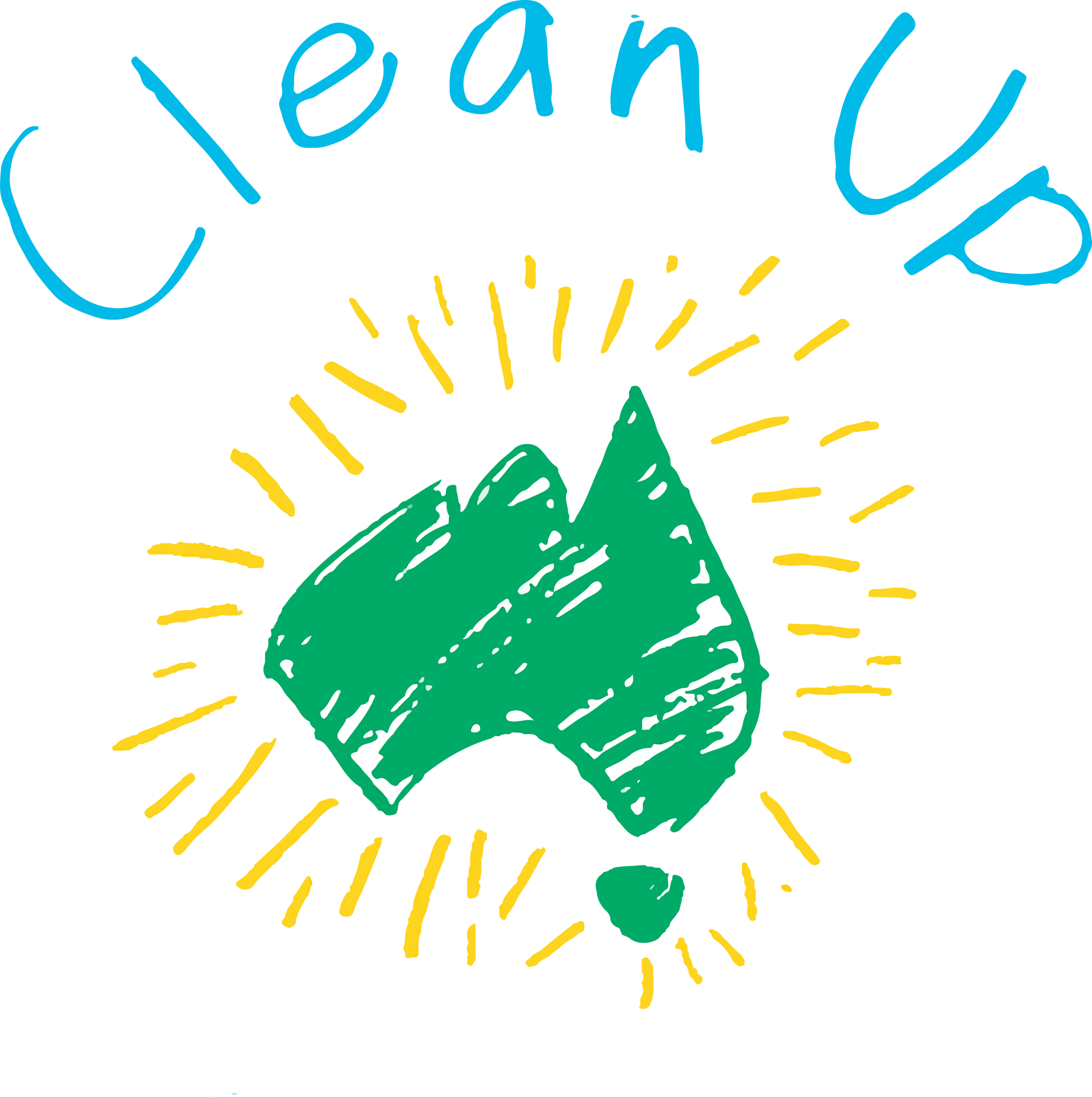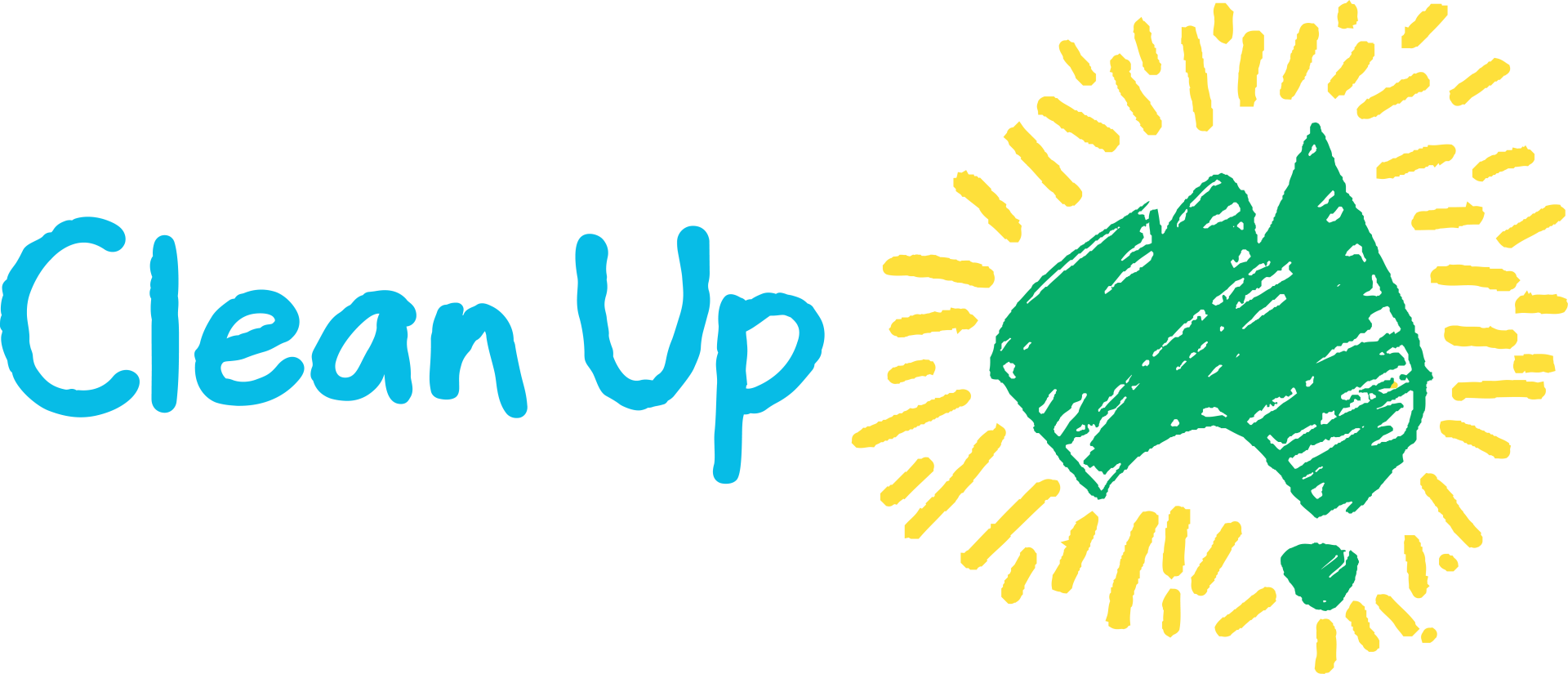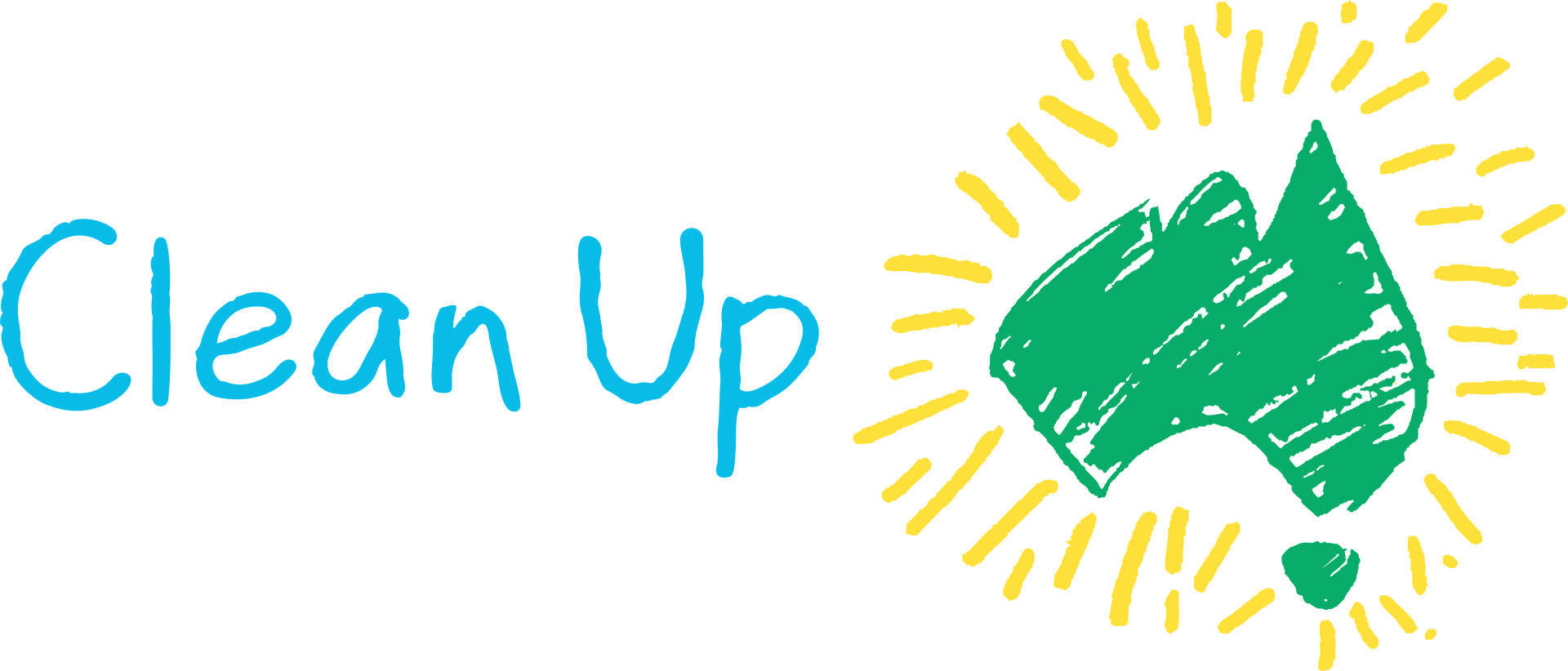Together We Can Make A Difference!
When we stop to consider the scope of environmental crises facing our planet, it’s easy to become overwhelmed. But all of our lives have a quantifiable impact of the earth’s future - so let's step up for good! Are you ready to be an agent for change?

1. Small, consistent changes have a big impact over time.
We all have an environmental footprint, which may be larger or smaller than those around us depending on what we consume, how we dispose of waste, and the activities we take part in. The good news is, shrinking that individual footprint through consciously adjusting these practices doesn’t necessarily require a total lifestyle overhaul; sometimes all that’s needed are a few well-placed tweaks. And the difference to our environment will continue to grow long after you’ve become used to your new habits.
Consider the problem of plastic waste. For most of us, living entirely and 100% plastic-free simply isn't feasible, but there are a stack of super simple ways to substantially reduce the amount of plastic we each contribute to landfill.
Could you decide to remember your reusable cup each time you head out for a takeaway coffee? Or make sure you keep your shopping totes in the back of your car, for when you pop in to a supermarket? What about promising to only buy loose fruit and vegetables, packing a refillable water-bottle, investing in a SodaStream, or taking your soft plastics to a REDcycle collection bin? Switching to soap and a shampoo bar or making the switch to a bamboo toothbrush? How about celebrating with bubbles instead of balloons?
See how easy it is, to make low-impact lifestyle changes that add up to making a high-impact difference?
That's why we're asking Aussies like you to publicly pledge to make one eco-friendly change, no matter how large or small. Cos believe it or not, actions like this really do have a meaningful impact on the environment over time.
Take for example, Mike*, who was was horrified when he discovered that up to 20% of kerbside recycling in his Melbourne neighbourhood was being sent to landfill due to contamination – simply because people were putting items like takeaway food containers, coffee cups and parcel packaging in the wrong bin.
Look - we recognise that recycling can be super confusing - and unfortunately, just because an item is recyclable somewhere, does not mean it necessarily belongs in your kerbside bin. That's because different communities have access to different recycling facilities, and each facility has unique equipment and capabilities; and is able to process a different set of items.
Often, we make recycling errors because we want to do the right thing and feel that the more we can recycle, the better. We want to believe certain items are recyclable, even when they're not. Cos really, the less we send to landfill in those red bins, the better right? Wrong! The irony is that, in order to recycle more, sometimes we have to recycle less. And the best way of getting recycling right, is to know what goes in your kerbside bin.
So Mike simply decided to educate himself about what could be recycled from his household and become a more vigilant recycler. This wasn't onerous or dificult. He searched on the web for GREENIUS - which is the free, online learning platform that takes the confusion out of recycling and makes it makes it easy for both adults and children to learn to recycle better.
He also checked out his local council’s website. And you know what, chances are, yours too will have an entire section devoted to their waste management program where you can find out exactly what your community accepts.
But here's a tip - no matter where in Australia you live, items like batteries, nappies, broken wine glasses, food scraps, paint tins, clothing and grass clippings don't go in your kerbside recycling bin!
2. Social influence has a snowball effect
Not only has Mike’s pledge made a difference on a personal level, but because he told as many people as possible and posted on social media, a whole lot of his friends and family members were prompted to look at their own habits, creating a snowball effect of good intentions!
3. Individual voices lead to systemic change
None of this is to suggest that all of our goals can or should be achieved without the world’s biggest players - and biggest contributors to the problems themselves - stepping up. With the state of landfill, our oceans, and our climate looking fairly dire, it would be naïve to imagine that these monumental problems will be reversed solely through habits like consumer choice. This is because that while changing our individual habits is enormously powerful, it will simply never be great enough to cancel out the impact of giant corporate polluters. To put things into perspective, just 100 companies produce 90 per cent of all single-use plastic waste generated globally.
Clearly, not everyone is playing fair when it comes to shouldering the responsibility for the care of the planet. But how can the balance be redressed in a world where a relative few polluters can flood our environment with insurmountable waste? Once again, the difference can begin with you.
Very few of us have immediate influence over the social and economic structures that determine global emissions. But systemic change relies on individuals voicing the viewpoints and actively participating in democracy. As well as changing your own habits, do your research, use your vote, and participate in activities that will influence our leaders (and businesses) to change theirs. Across Australia, laws are progressively changing to minimise problematic plastics - and that didn't happen without community agitation!
So there you have it. It’s not just the Al Gores and Greta Thunbergs of the world who are able to make a real, meaningful difference to the future of the planet. We’re all more than capable of doing our bit and just maybe - starting a movement.
What better time than now? Are you ready to Step Up and together, make a difference?
Inspire your family and friends by sharing a pledge and tagging @CleanUpAustralia #StepUptoCleanUp
*names and personal particulars been changed
by Joanna Psaros
Search for other blog topics:








